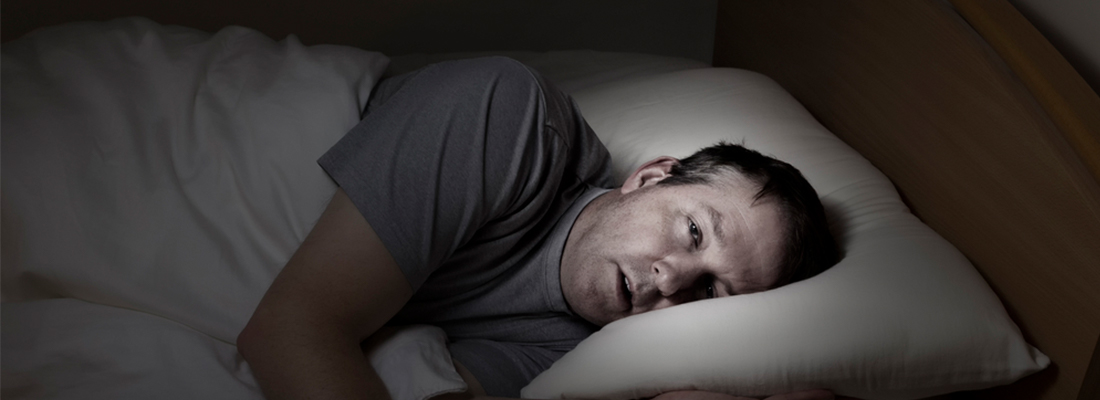Nasal congestion can cause sneezing and runny nose, but did you know it can mess up your sleep? And make you dozy in the daytime?
Nasal congestion – stuffy nose – associated with rhinitis causes runny nose and sneezing, but snuffling, wheezing and mopping at your nose are not the only problems. Surprisingly, there is research suggesting that nasal congestion also connects with daytime fatigue, decreased cognitive performance and impaired quality of life. This is because obstruction of the airways can contribute to disrupted sleep – not full-on sleep apnea, but serious nevertheless.
What can you do about the sleep consequences of nasal congestion?
- Take a warm shower – it’s well known that warm, moist, steamy air can help relieve congestion and clear up the flow of mucus. If you don’t have time to hop in, consider running the shower while you’re in the bathroom.
- Stay hydrated – drink lots of water all day, to help thin mucus. The increased flow can help open up the nasal passages
- Use a saline spray – gentle lavage with a sterile nasal spray can help rinse out mucus and relieve congestion
- Drain your sinuses – pouring warm salty water through the nasal passages from a netti pot is a remedy that goes back to the ancient yogis of India. The people who like this approach swear by it, although there are people who think it’s more like waterboarding!
- Use a warm compress – a warm, wet towel pressed against the cheeks and forehead can help relieve the pressure and congestion of sinus and nasal congestion
- Use a humidifier – sleeping with a humidifier in the room can offer relief and make it easier to sleep
- Try a decongestant – mucus relief and nasal decongestant remedies including pills and nose sprays are available without prescription, and can be effective in the short term, to let your immune system get a jump on whatever’s irritating your nasal passages
- Take antihistamines or allergy medicine – antihistamines and anti-allergy drugs can help, again as a short-term remedy
Call your doctor if you don't get relief within a few days. If your sleep problems are exacerbated by chronically obstructed nasal airways, it might be time to consider stronger medicine, or even a simple in-office surgical procedure that can offer long-term relief.

